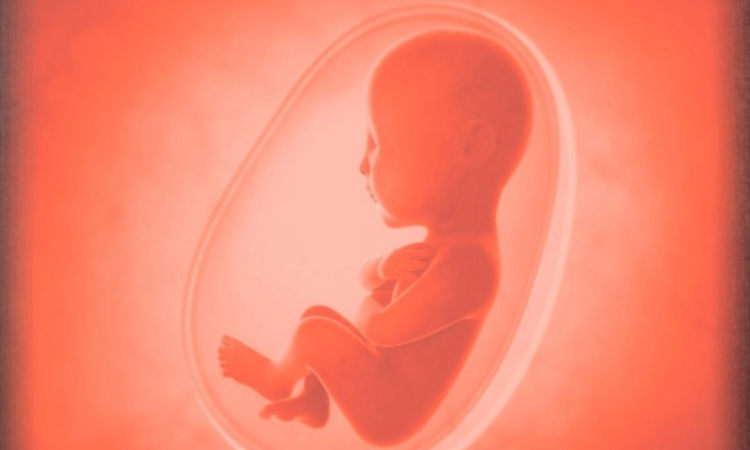Kerala High Court Allows Termination Of Minor Rape Survivor's 24 Weeks Pregnancy
Hannah M Varghese
18 July 2022 6:45 PM IST

Next Story
18 July 2022 6:45 PM IST
The Kerala High Court recently came to the assistance of a minor rape survivor by paving the way for her to undergo medical termination of her pregnancy which was a result of the sexual assault committed on her.In case the newborn is born alive, Justice V.G Arun directed the State and its agencies to assume full responsibility and offer medical support and facilities to the child, if...
